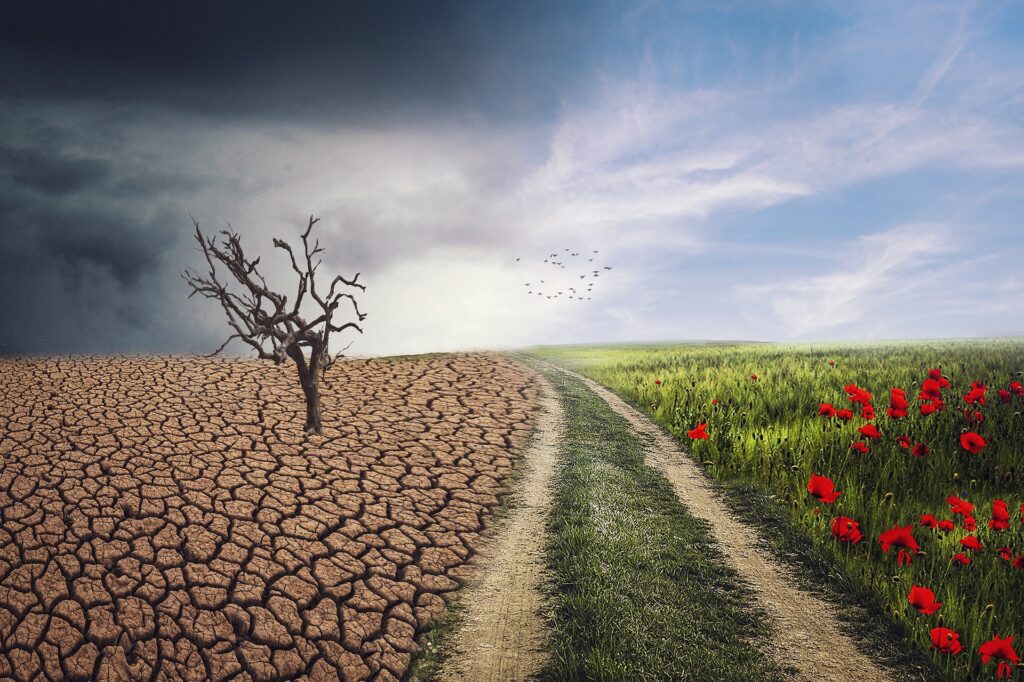Climate Change Ecology and Challenges from Plants to People

Instructor: Justin Reeves
Offered Fall and Spring Semester
Climate change has already begun to have profound effects on the structure and function of many ecosystems around the world. These effects and corresponding future predictions are very strongly founded in objective science despite the highly political nature of climate change in our country. With the realities of climate change rapidly becoming more directly tangible to people both in the United States and globally, objectively understanding how climate change will continue to affect ecosystems, agriculture, natural resources, and ultimately human well-being is becoming increasingly critical. Using “Science as a Way of Knowing”, we will explore the scientific method as the most objective process we have as humans to understand the natural world and how the process of science has led us to know we know about our global climate systems, both present and distantly past. We will introduce what science has taught us about how and why climate change happens (both naturally and anthropogenically) and we will continue with case studies on the effects that climate changes such as increased CO2 and temperature have had (and will have) on the functioning of Earth’s ecosystems at many levels from soils/land, to plants, to insects, to vertebrate wildlife, and ultimately humans. These case studies will be viewed through the lenses of various sciences including physics/chemistry, ecology, conservation, agriculture, and others. Woven throughout will be much discussion on human values and the sociological and political constraints that we face as we tackle the challenges surrounding human use of natural resources and the corresponding anthropogenic causes of climate change.
